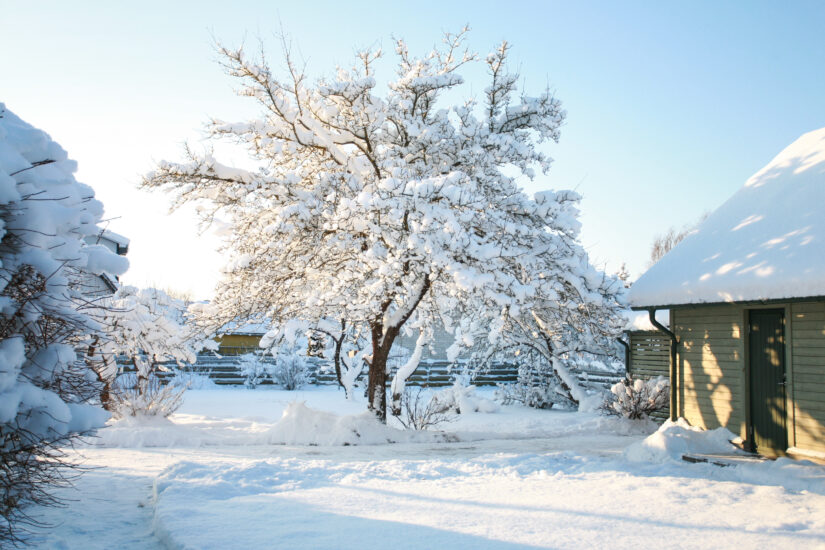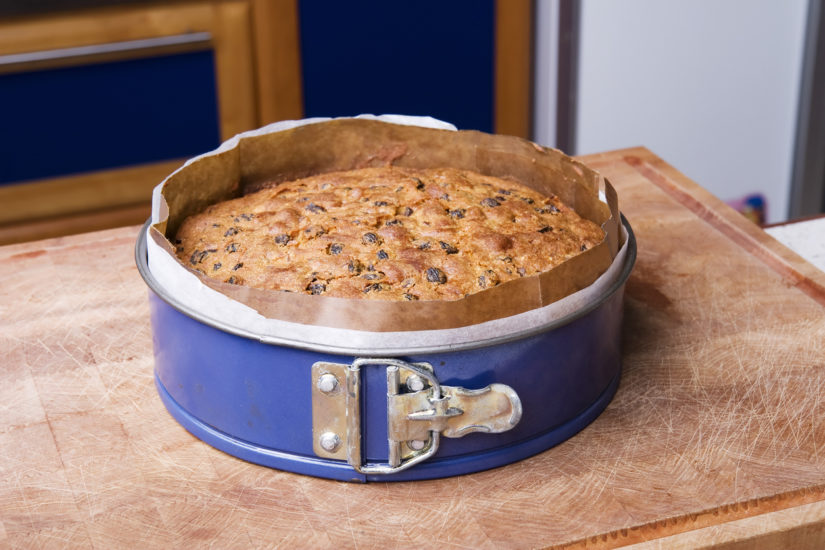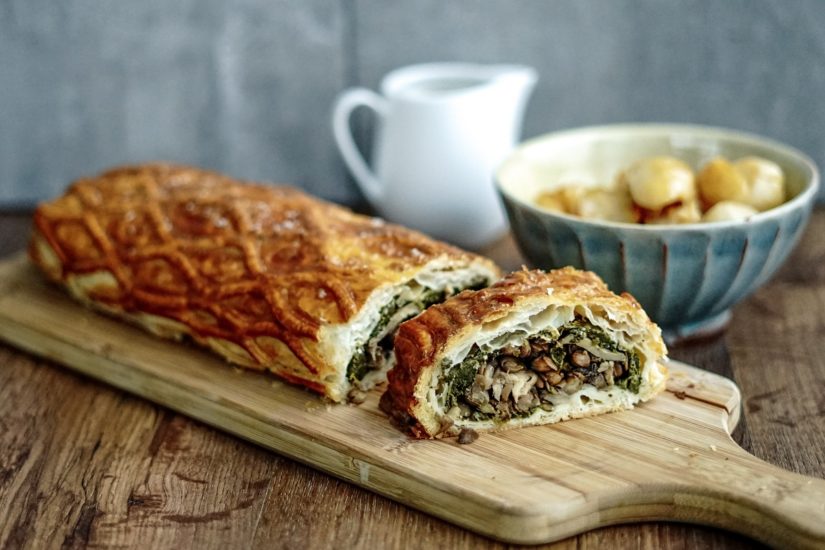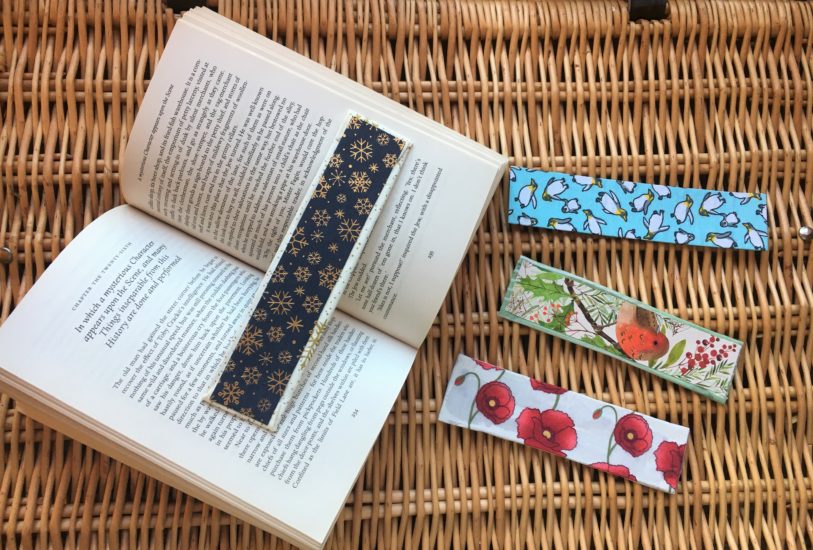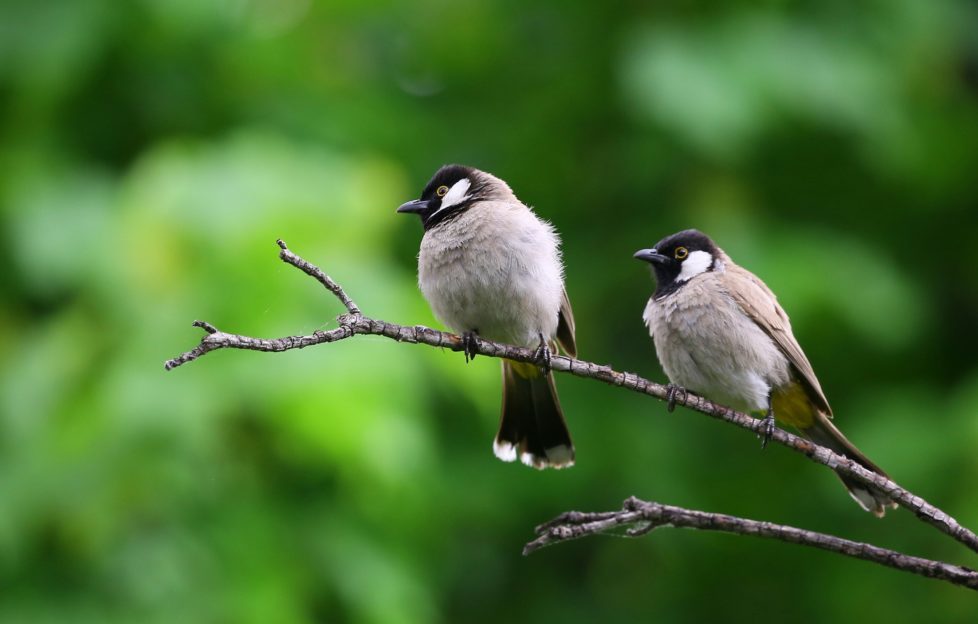
Do you love the sound of birds in the garden? Keep them coming this winter!
Bird song is a sound of summer, but these little creatures need care throughout the winter months too.
Making sure they have water and food available is maybe obvious, but there are also bushes and shrubs that can provide vital shelter for them too. The people at Garden Buildings Direct, who keep us right on all things wildlife, have put together a list of help for birds.
Food
Food is much scarcer during the colder months, so birds will flock to gardens that have food readily available. From simple hanging bird feeders to DIY solutions – there are options for every garden style and budget.
Variety
Whatever means of feeding you opt for, you should also offer a variety of food. Seeds and nuts should be a staple, but high energy fat balls are particularly great when it gets a bit cooler outdoors too.
Leftover
Think of the birds before throwing away any leftovers. Whilst bread has little nutritional value, out of date apples and fruit, on the other hand, will always prove popular with blackbirds, thrushes and the like.
Water
Birds use baths to drink from and also to wash in, but bird baths make great feature pieces in the garden too. Combining a bird bath with another water feature can make a real talking point in your garden and also attract a wide variety of birds – just make sure you place one where birds won’t feel threatened by cats or other predators.
Small ponds are another great option, and they’ll attract lots of other wildlife too.
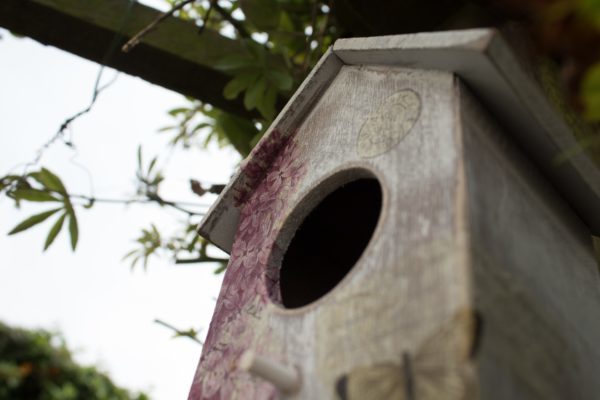
Nesting
What better way to encourage birds to your backyard than providing them with a place to shelter and nest? You can buy bird boxes readymade or, if you’re feeling crafty, you can easily make your own – but remember that the size of the hole you make in your box will determine the type of birds that will be attracted to nest there.
Try to place your bird box in a north-easterly direction and where cats and other predators will not be able to reach it. It is also helpful if you can access it relatively easily as it’s a good idea to clean out the nest box annually. If you’re not having any success, try moving the birdboxes around every now and then.
Shelter
It’s great if your birds use the nest boxes you put up, but it’s even more satisfying to watch them create natural nest sites. Provide hedges with dense cover to allow them to do this.
Plants
Birds tend to live around plants that allow them to find food, roost and perch, so it’s a good idea to provide similar vegetation in your own back garden. Plants that offer food for birds are a great place to start – native berry species such as Holly, Ivy and Rowan are all great examples are very easy to grow. They also offer dense vegetation which is great for nesting too.
If you can, you should also consider leaving a patch of your garden to go a little wild as this will encourage grubs and bugs which are brilliant food for hungry birds. A pile of cut logs is another great alternative.
Clean
If you’re providing feeders, tables, baths or nests, it’s important to keep them as clean as possible. Birds can catch diseases from each other, but you can help reduce the risk by cleaning up and making sure there aren’t too many leftovers.
A spokesperson for Garden Buildings Direct commented: “There’s nothing better than being able to watch a variety of birds flit around your garden, and hear songbirds like finches, sparrows and bluebirds call out to each other throughout the day. With very little effort it’s possible to attract birds even to city gardens. All you have to do is think about their basic needs. Even common leftovers and food scraps can entice them to your property – just remember to provide ample room for protections and shelter too.”

